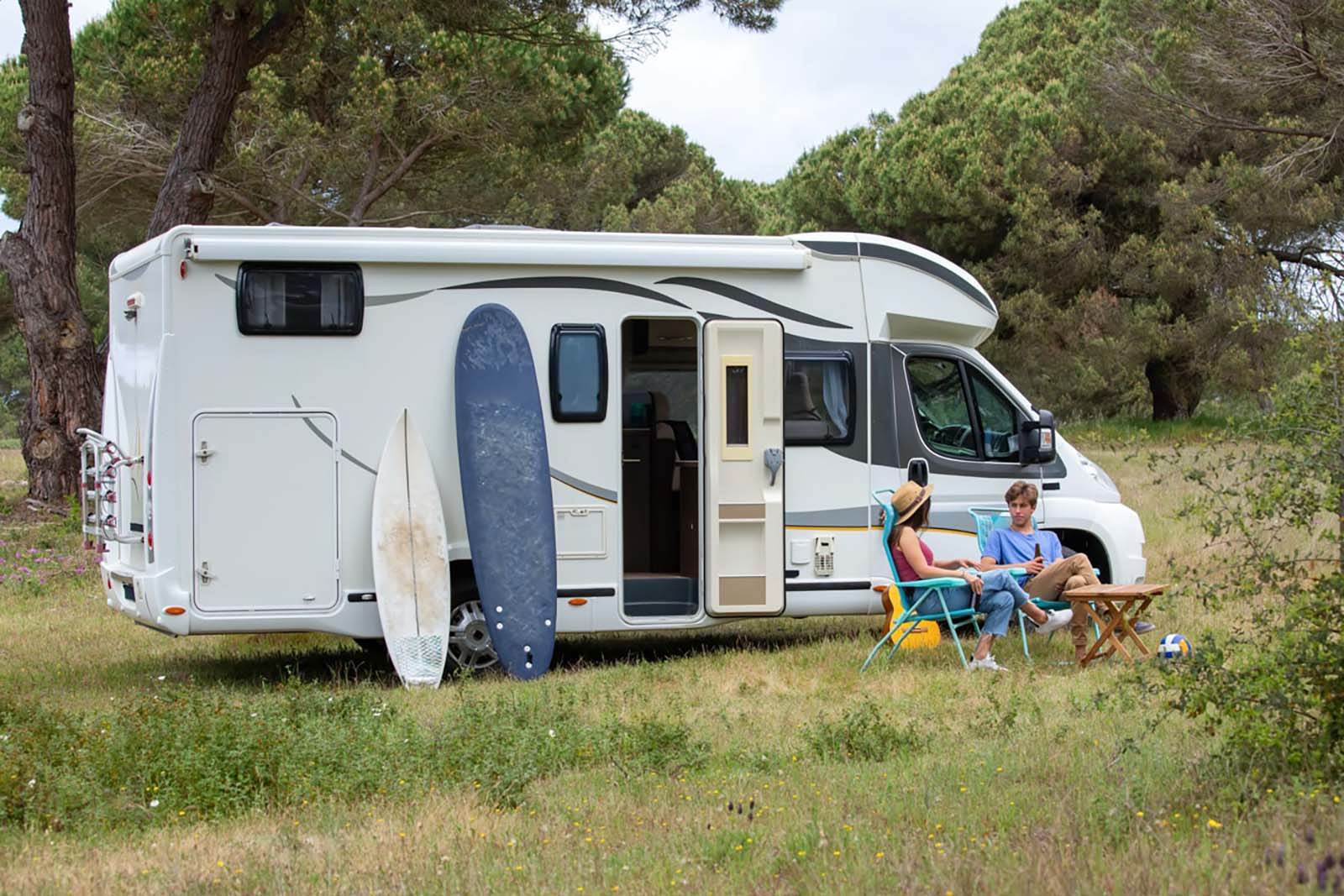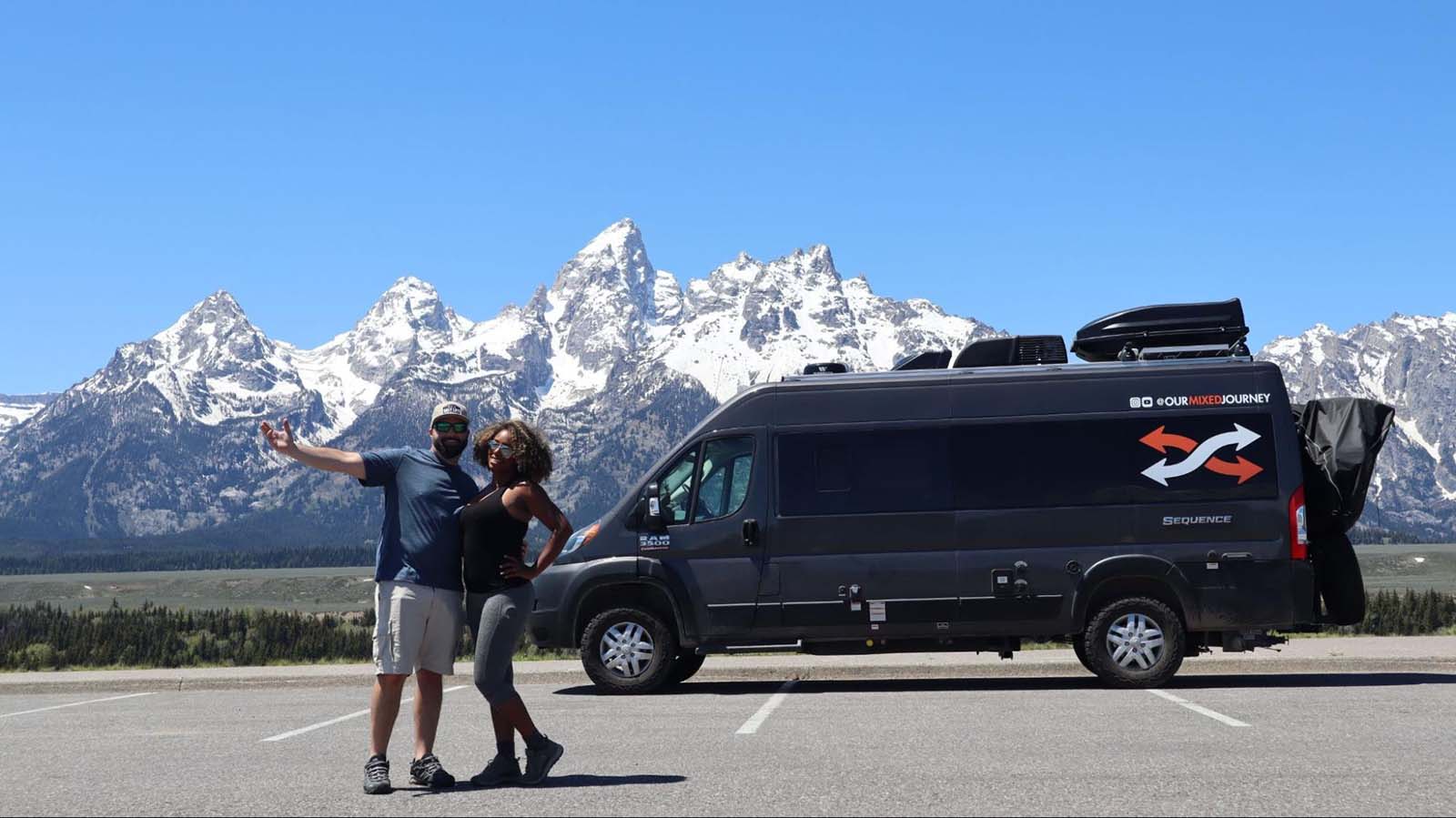Will a 12V system still function on battery power if the converter is bad in an RV?

Introduction: Many recreational vehicles (RVs) are equipped with a converter, which is responsible for converting alternating current (AC) to direct current (DC) and charging the RV’s batteries. However, if the converter malfunctions or stops working altogether, one may wonder if the 12V electrical system will still operate solely on battery power. In this article, we will explore the implications of a faulty converter in an RV, and discuss whether or not the 12V system will continue to function.
H2: Understanding the Role of the Converter in an RV The converter in an RV plays a crucial role in ensuring a continuous supply of 12V DC power. Its primary function is to convert 120V AC power from an external source, such as a campground hookup or generator, into 12V DC power. Additionally, the converter charges the RV’s batteries by directing excess AC power to them. This allows the RV’s electrical components, such as lights, water pump, and appliances, to receive power and operate properly. However, in the event of a converter failure, the continuity of these functions may be jeopardized.
H2: Implications of a Faulty Converter If the converter in an RV is not functioning correctly or has completely failed, it can have several implications for the 12V system. Firstly, without the converter’s ability to convert AC power into DC power, the RV will solely rely on the batteries for its electrical needs. While this may seem viable at first, it is important to remember that the batteries have limited capacity and will eventually drain over time. Consequently, the lifespan of the batteries may be significantly reduced, and the RV’s electrical system will eventually become inoperable once the batteries are depleted.

Furthermore, a faulty converter may lead to imbalanced battery charging. If the converter fails to charge the batteries properly, it can result in uneven charging across the battery bank. This can cause certain batteries to become overcharged while others remain undercharged, compromising the overall performance and longevity of the battery system. The electrical components connected to the 12V system may also experience fluctuations in power or simply fail to function due to the inconsistent power supply.
H2: Operating the 12V System without a Working Converter In the absence of a functioning converter, it is still possible to operate the 12V system in an RV using battery power alone. However, it is essential to monitor the battery’s charge levels closely to prevent a complete depletion. To prolong the battery life, it is advisable to limit the use of power-hungry appliances or devices and rely on energy-efficient alternatives wherever possible. Additionally, periodic manual charging of the batteries using an external charging source, such as a portable battery charger or solar panels, can help maintain their charge and prevent premature deterioration.
It is worth noting that relying solely on battery power in an RV is a temporary solution, and the converter should be repaired or replaced as soon as possible to restore the optimal functionality of the electrical system. A faulty converter not only hampers the 12V system’s performance but can also lead to additional battery-related issues if left unaddressed.

Conclusion: While a 12V system in an RV can technically continue to function solely on battery power if the converter is faulty, it is not a sustainable or ideal solution. A defective converter can lead to imbalanced battery charging, reduced battery life, and inconsistent power supply to electrical components. Therefore, it is recommended to promptly address any converter issues to ensure the optimal and uninterrupted operation of the RV’s electrical system.

